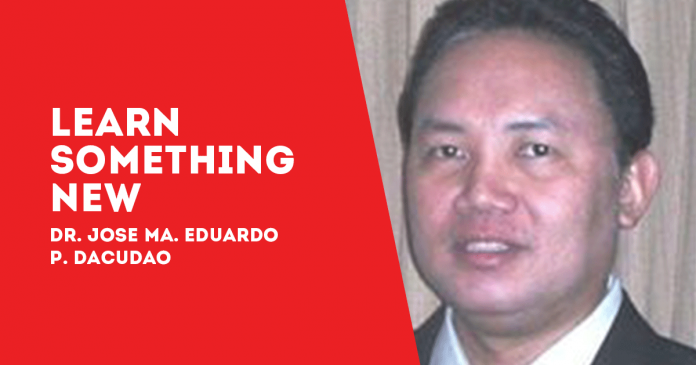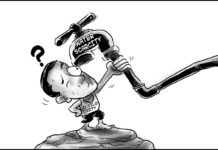
BY DR. JOSE PALU-AY DACUDAO
509 BC – Around this time the Roman Republic was founded after years of tyranny under foreign Etruscan kings.
The Etruscans were an ethnic people that had originally come from Asia Minor (Turkey) and had a firm tradition of aristocratic rule.
The Romans had been dreaming of a government of restraint and reason, a government based on law, not on brute force. With the overthrow of the last Etruscan tyrant, they had the opportunity to implement their dreams.
Republic comes from the Latin res publica, meaning “public matter”, and it is a political system in which people elect representatives to exercise power for them. In brief, a republic is a Representative Democracy.
The Republic’s motto was SPQR – Senatus Populusque Romanus – the Senate and People of Rome.
458 BC – Rome faced imminent invasion and destruction by the Aequi, a northern Italian people. The Roman Senate called out of retirement Rome’s greatest general, former Consul Lucius Quinctius Cincinnatus (circa 519-430 BC), appointing him as dictator. With unlimited state powers, Cincinnatus mobilized an army and crushed the Aequi.
Cincinnatus could have held on to his powers, and everyone knew that. Indeed, he was so popular that most of the grateful Romans wanted him to hold on to his powers. Instead he retired back to his farm.
The gauge of one’s commitment to a decision is having to make the same decision all over again.
439 BC – Rome was once again on the verge of destruction, this time from an internal plebeian revolt. Again, Cincinnatus was called out of retirement and appointed dictator. He again proved victorious. Then once again Cincinnatus forsook his dictatorial powers, and retired back to his farm.
In brief, Cincinnatus was appointed dictator two times by the Senate during times of severe crisis in which the very existence of the early Roman Republic was at stake, and two times he relinquished that position because of his belief in the Republic.
Before continuing to read, please ask yourself: Who among our politicians and generals would walk away from power the way Cincinnatus did?
Yet as we shall see below, an American politician and general precisely did a “Cincinnatus” more than a thousand years later. For that, his name is revered in the most powerful country in the world today, more than other politicians whose faces are made up of money and power.
Cincinnatus was regarded as a model of Roman virtue. His actions affect us to this day. You see, Cincinnatus became the role model of many of the American founding fathers, and once freed from the Monarchial British, they forsook institutionalized personal powers and set up an American system of government purposely based on the Republic system of Rome, which Cincinnatus worked so hard to maintain.
Cincinnatus was regarded as the epitome of democratic ideals by George Washington (1732-1799), America’s first President (1789-1797). (To be continued)/PN




